Paene Insula: The Northwest Panay Peninsula Mountain Range
The peninsula spans parts of the provinces of Aklan and Antique, encompassing the municipalities of Malay, Nabas, Pandan, Libertad, and Buruanga. At its heart lies one of the last remaining primary lowland rainforests in the Western Visayas, covering approximately 2,500 to 5,000 hectares of old-growth forest. This includes diverse ecosystems such as dipterocarp forests, limestone forests, lower montane forests, and bamboo forests along its edges.
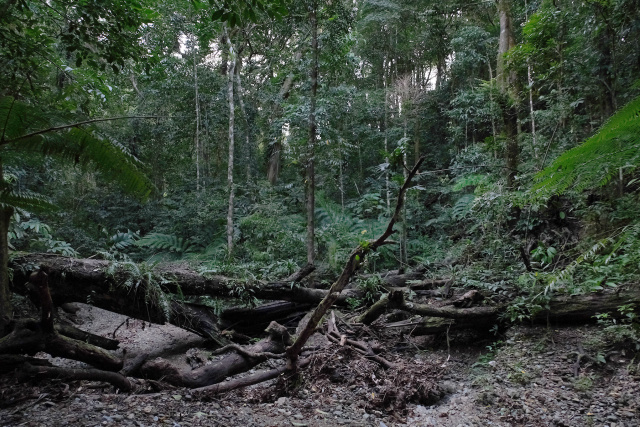
The forest is home to critically endangered and vulnerable species, including the Visayan warty pig (Sus cebifrons), Negros bleeding-heart pigeon (Gallicolumba keayi), Walden’s hornbill (Rhabdotorrhinus waldeni), Visayan spotted deer (Rusa alfredi), and Visayan hornbill (Penelopides panini), among others.
In 2002, the area was officially designated a natural park, following decades of conservation and research efforts led by German ecologist Prof. Eberhard Curio. His groundbreaking work highlighted the region’s critical biodiversity and played a pivotal role in securing its protected status.
A leading force in the peninsula's conservation efforts is the Philippine Initiative for Conservation of Environment and the People (PhilinCon). For over two decades, this non-profit has addressed environmental challenges and developed innovative, community-centered approaches to conservation.
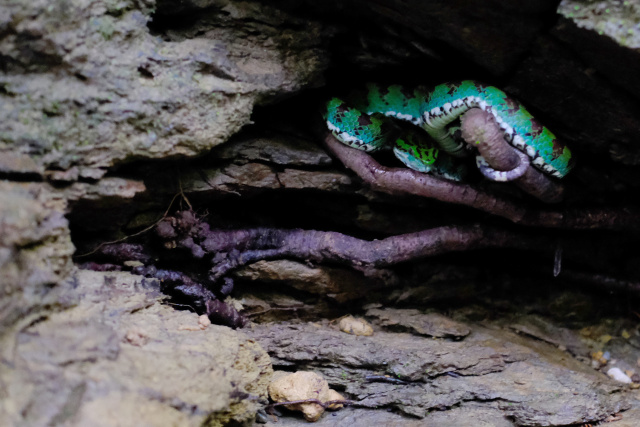
As part of their year-end activities, PhilinCon organized a four-day intentional climb to the Sibaliw Research Station, a key basecamp for conservation efforts. The activity focused on renovating the station, which has long served as a shelter for researchers, forest rangers, and bird enthusiasts, and was previously used by Prof. Curio.
The climb brought together PhilinCon staff, partner organizations, community volunteers, and forest rangers, celebrating the collective efforts to sustain Prof. Curio’s legacy and support future conservation work. Leading the team was Dr. Rebecca Barrios Tandug, Executive Director of PhilinCon, alongside Aklan Trekkers President Ritchel Cahilig and individual volunteers, including KUNO Earth Project Coordinator Raz Salvarita.
The climb offered a rare opportunity to support a cause while experiencing the Sibaliw Research Station, a critical hub for research in the protected area. The effort underscored the importance of preserving the mountain range’s pristine condition and empowering local communities as stewards of the environment. Despite the challenges, these collective actions ensure the ongoing protection of this ecological treasure for future generations.
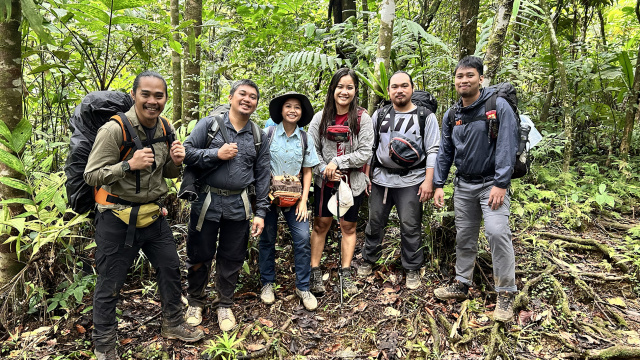
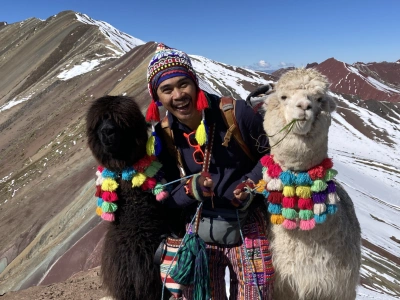
Raz Salvarita
The peninsula spans parts of the provinces of Aklan and Antique, encompassing the municipalities of Malay, Nabas, Pandan, Libertad, and Buruanga. At its heart lies one of the last remaining primary lowland rainforests in the Western Visayas, covering approximately 2,500 to 5,000 hectares of old-growth forest. This includes diverse ecosystems such as dipterocarp forests, limestone forests, lower montane forests, and bamboo forests along its edges.

The forest is home to critically endangered and vulnerable species, including the Visayan warty pig (Sus cebifrons), Negros bleeding-heart pigeon (Gallicolumba keayi), Walden’s hornbill (Rhabdotorrhinus waldeni), Visayan spotted deer (Rusa alfredi), and Visayan hornbill (Penelopides panini), among others.
In 2002, the area was officially designated a natural park, following decades of conservation and research efforts led by German ecologist Prof. Eberhard Curio. His groundbreaking work highlighted the region’s critical biodiversity and played a pivotal role in securing its protected status.
A leading force in the peninsula's conservation efforts is the Philippine Initiative for Conservation of Environment and the People (PhilinCon). For over two decades, this non-profit has addressed environmental challenges and developed innovative, community-centered approaches to conservation.

As part of their year-end activities, PhilinCon organized a four-day intentional climb to the Sibaliw Research Station, a key basecamp for conservation efforts. The activity focused on renovating the station, which has long served as a shelter for researchers, forest rangers, and bird enthusiasts, and was previously used by Prof. Curio.
The climb brought together PhilinCon staff, partner organizations, community volunteers, and forest rangers, celebrating the collective efforts to sustain Prof. Curio’s legacy and support future conservation work. Leading the team was Dr. Rebecca Barrios Tandug, Executive Director of PhilinCon, alongside Aklan Trekkers President Ritchel Cahilig and individual volunteers, including KUNO Earth Project Coordinator Raz Salvarita.
The climb offered a rare opportunity to support a cause while experiencing the Sibaliw Research Station, a critical hub for research in the protected area. The effort underscored the importance of preserving the mountain range’s pristine condition and empowering local communities as stewards of the environment. Despite the challenges, these collective actions ensure the ongoing protection of this ecological treasure for future generations.

You might like...

The power and purpose of photography

Lesson 1: Connect with your corner of Earth
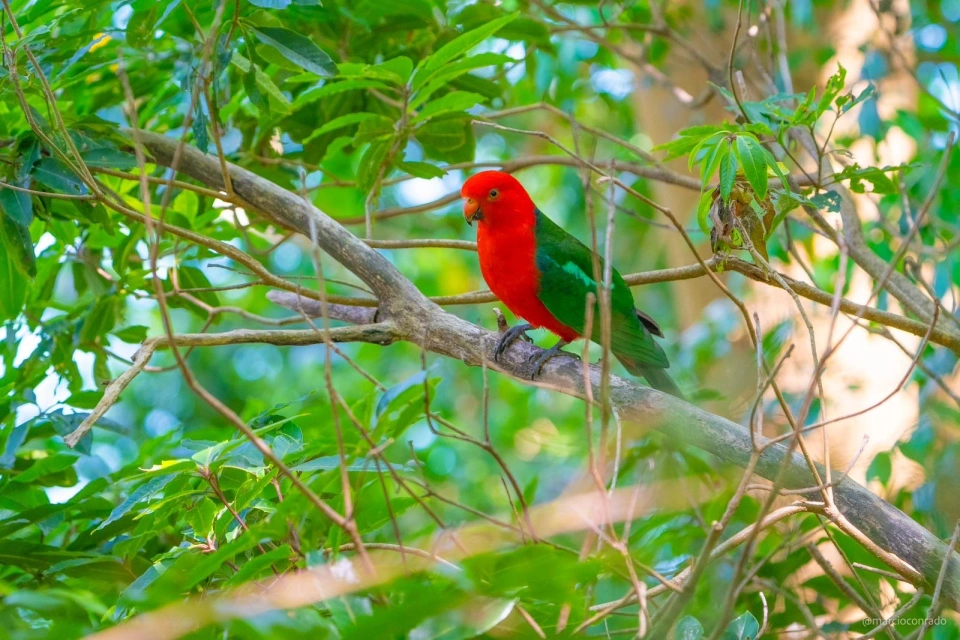
Sydney event celebrates the city's wild wonders

Hobart launch: Director Dr Phill Pullinger on the power of Kuno's mission
Newsletter
Sign up for stories about Nature and conservation from amazing people and groups from around the world. Brought to you by our social enterprise, Kuno.
